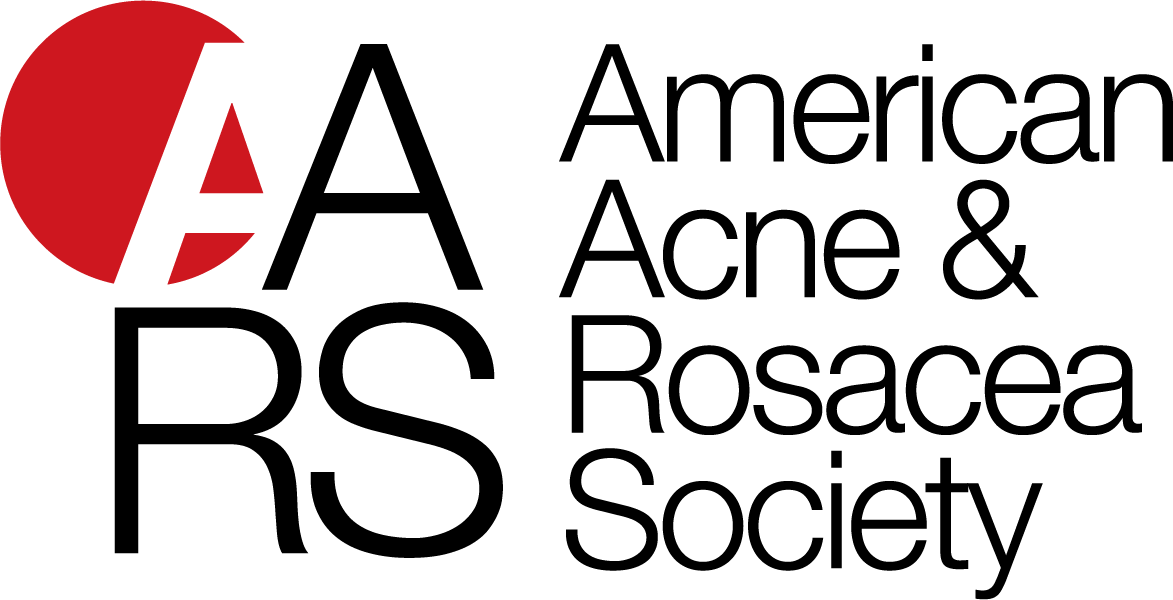Chante Karimkhani Aksut, MD
University of Colorado
Department of Dermatology
Denver, CO
2017 Research Grant Recipient
International Oral Antibiotic Use for Acne Treatment
Mentor Robert Dellavalle MD, Ph.D, MSPH
Abstract
Acne is a common and disabling medical condition. In addition to physical disfigurement, the profound psychosocial effects of acne have been recognized. Guidelines established by the American Academy of Dermatology (AAD) recommend minimizing the duration of systemic antibiotics for the management of acne to an ideal duration of 3-4 months and no longer than 6 months in order to decrease the risk of resistance. Long-term oral antibiotics have also been associated with multiple adverse effects. Prior reports in the UK and US have documented that oral antibiotics are often prescribed to treat acne for longer durations that recommended by acne guidelines. Our objective is to characterize the use of oral antibiotics for acne over the last ten years across the globe in both pediatric and adult populations. Study design will be a retrospective, observational, cohort study of the Observational Health Data Sciences and Informative (OHDSI) databas. Primary outcomes of interest are 1) type of antibiotic prescribed and 2) duration of oral antibiotic therapy among patients with a diagnosis of acne. Trends will be assessed for oral antibiotic use by type over time by year and regional differences in oral antibiotic use among different states across the US. A course of oral antibiotics for acne will be defined by a prescription for at least 30 days in patients with a prior diagnosis of acne. Data sources will include claims data from the following: Clinical Practice Research Datalink (CPRD)—UK, Japan Medical Data Center (JMDC)—Japan, Optum—US,, Truven Commercial Claims and Encounters—US, Truven Medicaid (US), and possible data sources from France and Germany. The study population will consist of individuals ages 12 to 60 who were continuously enrolled as of 1/1/2003 with at least two claims for an ICD-9 (706.1) or ICD-10 (L70) diagnosis of acne and an antibiotic start date on or after 1/1/2003 occurring on or after any diagnosis of acne with at least one year of follow-up from first prescription index date. Enrollees will be excluded if they had oral antibiotic courses greater than 5 years, any diagnosis that would require an oral antibiotic typically used for acne (cystic fibrosis, MRSA, VRE, or osteomyelitis), received a medication known to cause or exacerbate acne (testosterone, progesterone, corticosteroids, lithium, phenobarbital, phenytoin, epidermal growth factor inhibitors, isoniazid), or were pregnant during the study period. Data will be analyzed for the following patient demographics: M/F gender, age at first acne diagnosis, acne type, number of antibiotic courses, duration of course (range, median, mean), frequency of type of oral antibiotic, type of insurance coverage, and presence of antibiotic resistant conditions (MRSA, VRE, and timing of diagnosis related to administration of oral antibiotics for acne). Outcomes will be compared across different countries, as presented by various data sources and for regional comparison within the US across different states. Our study has the potential to promote adherence to guidelines, impact clinical practice, and ultimately improve patient outcomes on a global scale.




